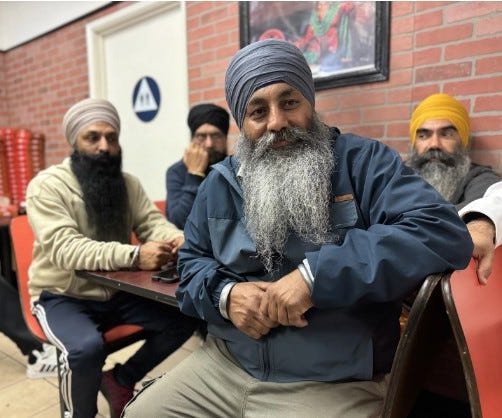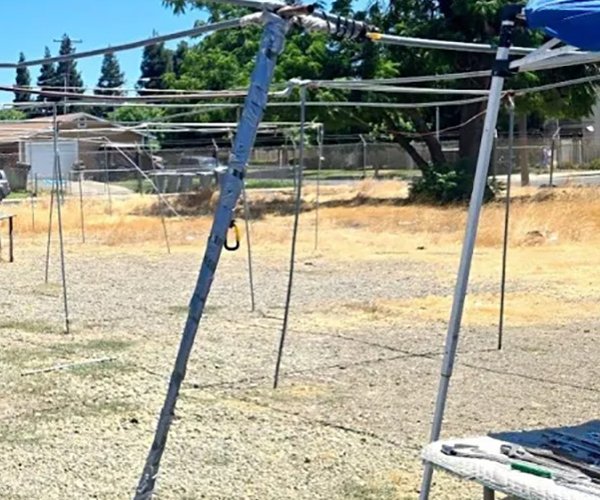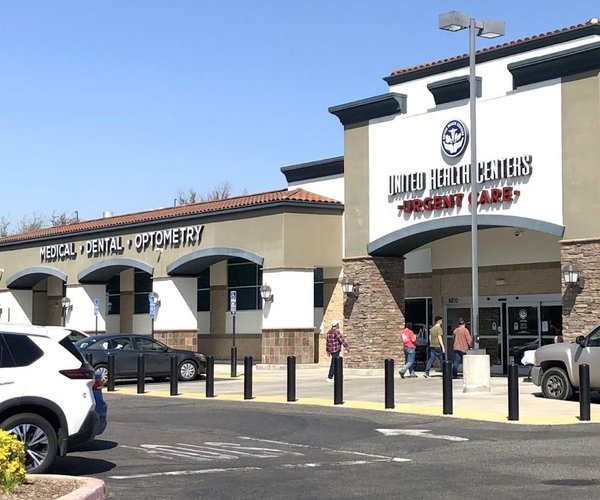It hasn’t even been a week since Andreas Borgeas took the oath of office to serve California’s 8th Senate District, but the first-time senator is already taking strides toward making the Central Valley a better place to live and work.
“It feels great because the message we put out during our campaign is even though I am a conservative, I have a track record of working with the local and county level across the aisle on issues of mutual importance,” Borgeas said.
He won the Nov. 6 election by nearly 20 points and in Stanislaus County received 61 percent of the vote, replacing termed-out Senator Tom Berryhill.
“People appreciate that common sense approach to public service, and that helped us generate momentum that eventually allowed us to prevail in this election.”
Senator Borgeas pledged on Monday to provide effective leadership for the one million Californians living District 8, which encompasses 11 counties and is larger than 10 U.S. states, and by Friday the former Fresno County Supervisor was meeting with Governor-elect Gavin Newsom to introduce him to the heart of the state, its values and some of the areas most pressing issues.
For Borgeas, water, education and health care are at the forefront of that list, but in such a large district, it can be hard to pinpoint each area’s specific needs. Reaching from its southernmost parts in Death Valley all the way up north to Sacramento, with Turlock in between, the Senator said he realizes it will be an adjustment jumping from representing a district within Fresno County to representing an entire district within the state.
“Our office is going to have to work very hard and very smart to provide adequate representation in a district that’s size is mind-boggling,” he said.
The more populous towns in the Valley, like Turlock, Fresno, Merced and Madera, can be expected to have different issues than smaller foothill communities that Borgeas also represents, he said. Instead of taking a “one-size-fits-all” approach to the district, he plans on breaking the issues down into regions and focusing on needs from there.
Despite the diversity of District 8, there are a few issues that encapsulate the entire area as a whole — one of which is forest management. Fires have devastated communities in southern and northern California as of late, and just in the past two years District 8 has seen the destruction firsthand with fires wreaking havoc in the Mariposa area. Though forest management has been a conservative talking point in the aftermath of 2018’s deadly fires, with overcrowded forests pointed to as a main contributing factor, the issue is nonpartisan, Borgeas said.
“We’ve seen the wildfires absolutely devastate our region and beyond, so it’s now clearly not an issue born by conservative areas,” Borgeas said. “It’s an acute, bipartisan issue.”
Another bipartisan issue Borgeas hopes to tackle head on? Education. Once a professor of international security law at the San Joaquin College of Law, the senator hopes to ensure students throughout the district have the chance to succeed by improving upon vocational training in the area — specifically, food processing.
The Central Valley provides a myriad of agricultural-related options when it comes to jobs, and Borgeas believes that food processing is one area that’s often overlooked when it comes to career technical education.
“Vocational training is a pretty wide spectrum of activities, whether it’s going into heating and cooling, plumbing, auto mechanics…but, we also have a ton of food-related opportunities that make us unique in the Central Valley,” he said.
Borgeas, a Republican, added that his party’s losses in the 2018 general election were too great to ignore, calling them “disappointing,” but furthering his belief that in order to get things done, representatives have to look at issues that effect the state as a whole in an objective manner.
“What it’s going to require are people who stick to their principles, but also find those issues that cross party lines, like health care, education, forest management and public safety,” he said. “Build on those issues that you know are important to the community and can create bipartisan support.
“A lot has to do with your message and what you stand for. If people believe you’re going to fight for their community, they’re less likely to follow part lines and support the individual who is going to look after their interests.”









